Michele Solis is a freelance writer based in Seattle, Washington.
Michele Solis
Freelance Writer
SFARI
From this contributor
Molecular mechanisms: Autism protein connects neurons
An autism-linked protein called CASPR2 promotes the development of dendrites, the bushy structures atop neurons that receive signals from other neurons, according to a study published 30 October in Proceedings of the National Academy of Sciences. Lowering CASPR2 levels leads to sparse dendrites and few synapses, the junctions between neurons.
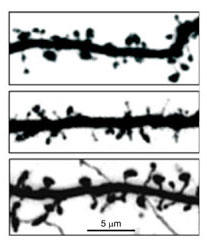
Molecular mechanisms: Autism protein connects neurons
Molecular mechanisms: Stress pathway dysregulated in autism
Two studies report abnormalities in the system that mediates the body’s response to stress in two mouse models of autism-related diseases: Angelman syndrome and Rett syndrome. The results were published in the April issue of Human Molecular Genetics.
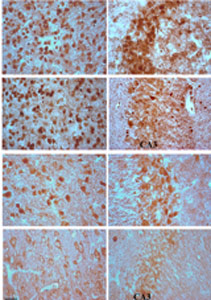
Molecular mechanisms: Stress pathway dysregulated in autism
Molecular mechanisms: Autism gene tied to neuronal wiring
An autism-linked protein helps wire neurons together, according to two studies published in late September.
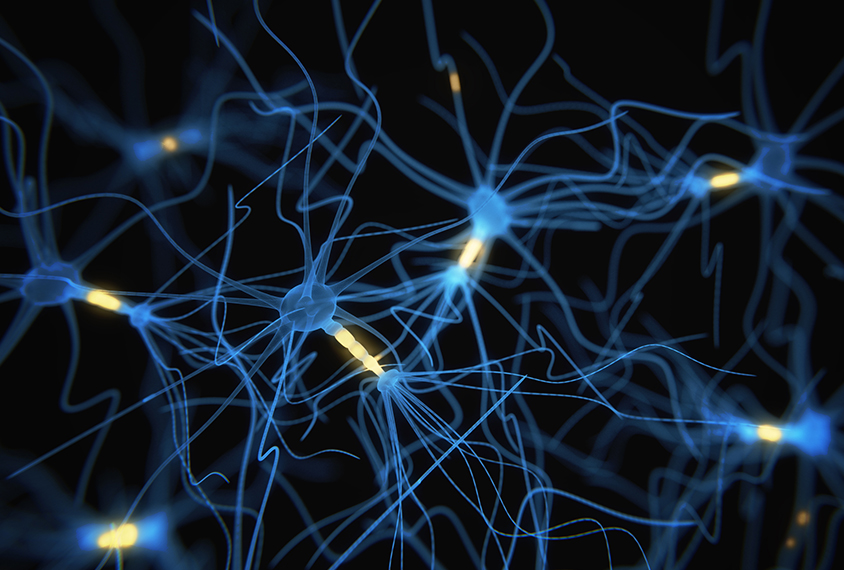
Molecular mechanisms: Autism gene tied to neuronal wiring
Molecular mechanisms: MeCP2 loss ups signal strength
A study using action potentials, the electrical impulses that trigger signaling, shows that neurons lacking MeCP2, the Rett syndrome protein, have stronger neuronal signals compared with controls, according to a study published in the July Journal of Neurophysiology.
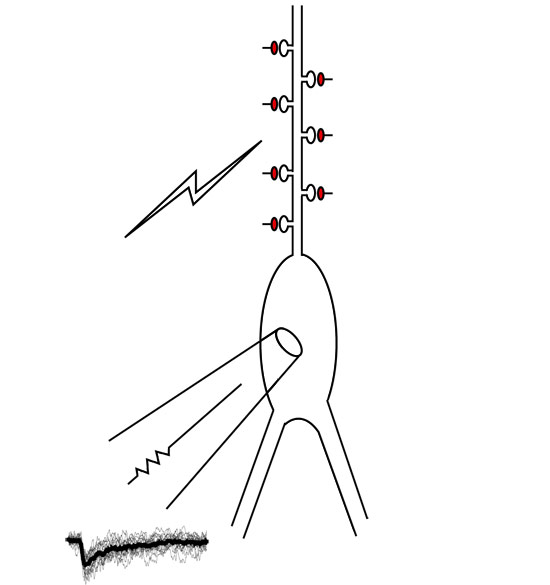
Molecular mechanisms: MeCP2 loss ups signal strength
Molecular mechanisms: Neuroligin-4 induces synapses in a dish
Neuroligin-4, a protein associated with autism, is located at synapses — the junctions between neurons — that inhibit signals in the brain, according to a study published in February in the Proceedings of the National Academy of Sciences. The protein can also single-handedly induce neurons derived from human stem cells to form synapses, according to another study in the same issue.
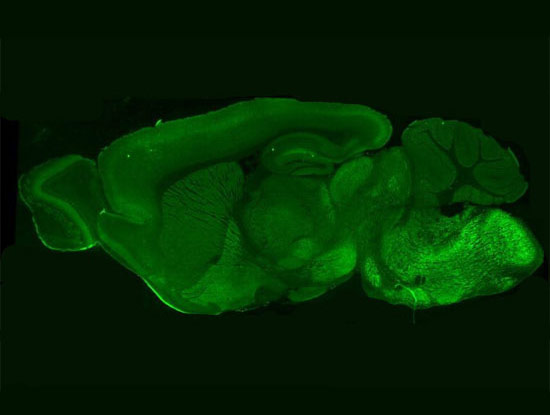
Molecular mechanisms: Neuroligin-4 induces synapses in a dish
Explore more from The Transmitter
Karen Adolph explains how we develop our ability to move through the world
How do babies' bodies and their environment teach them to move—and how can robots benefit from these insights?
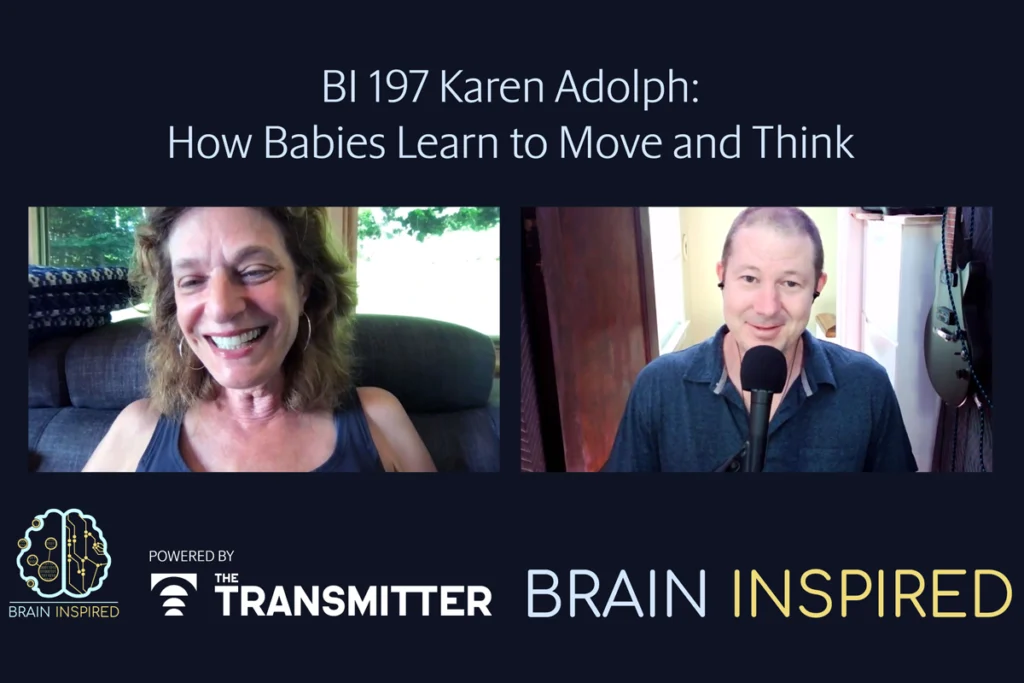
Karen Adolph explains how we develop our ability to move through the world
How do babies' bodies and their environment teach them to move—and how can robots benefit from these insights?
Microglia’s pruning function called into question
Scientists are divided over the extent to which the cells sculpt circuits during development.
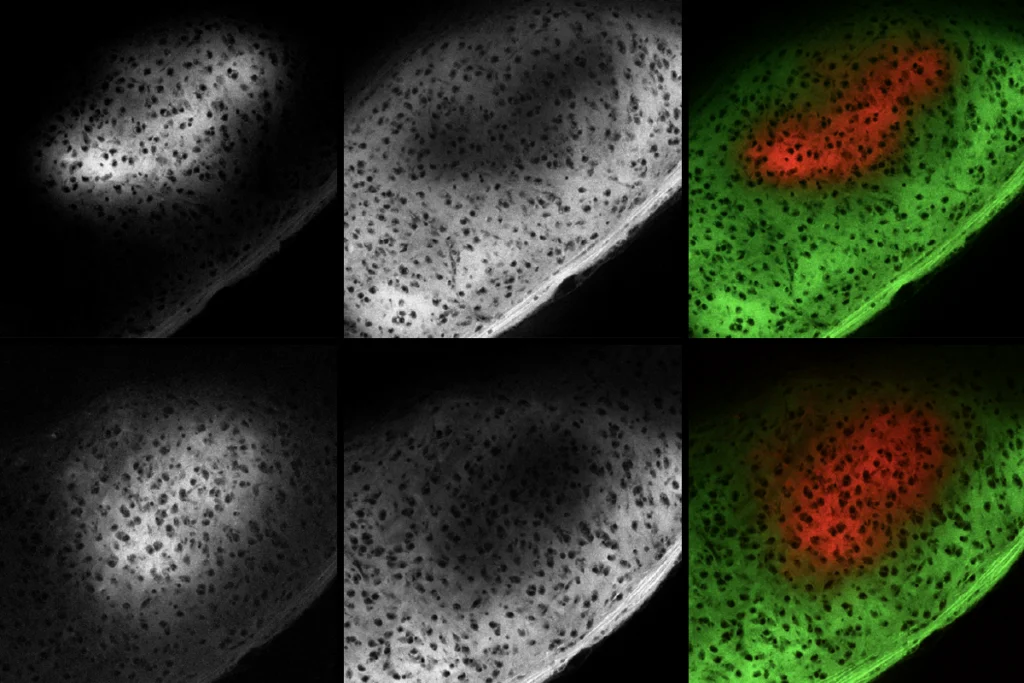
Microglia’s pruning function called into question
Scientists are divided over the extent to which the cells sculpt circuits during development.
Early trajectory of Alzheimer’s tracked in single-cell brain atlases
Inflammation in glia and the loss of certain inhibitory cells may kick off a disease cascade decades before diagnosis.
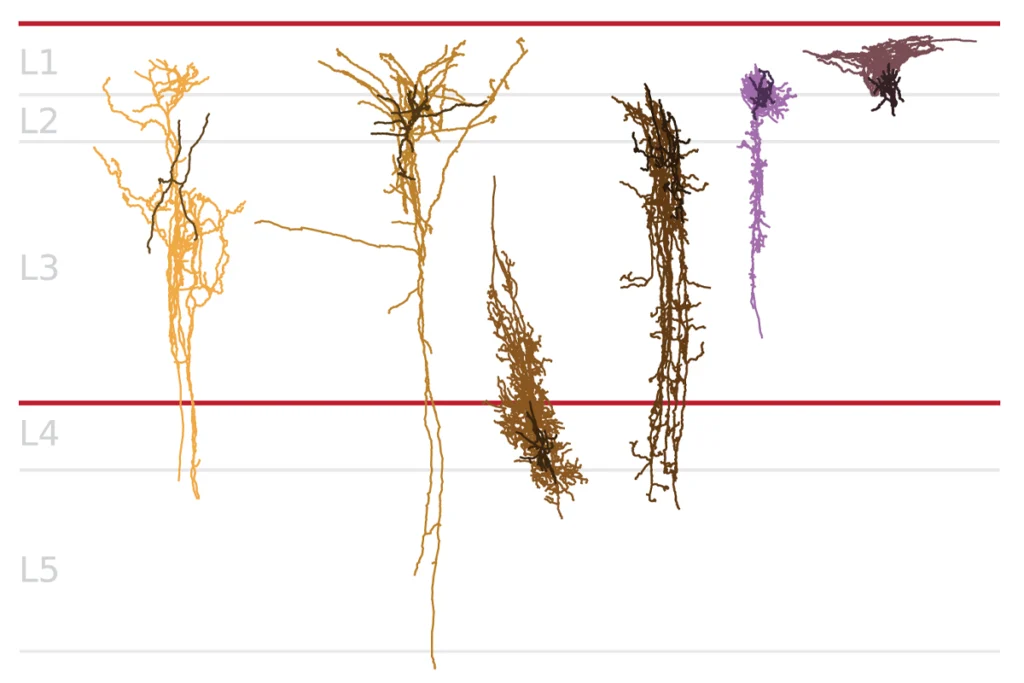
Early trajectory of Alzheimer’s tracked in single-cell brain atlases
Inflammation in glia and the loss of certain inhibitory cells may kick off a disease cascade decades before diagnosis.